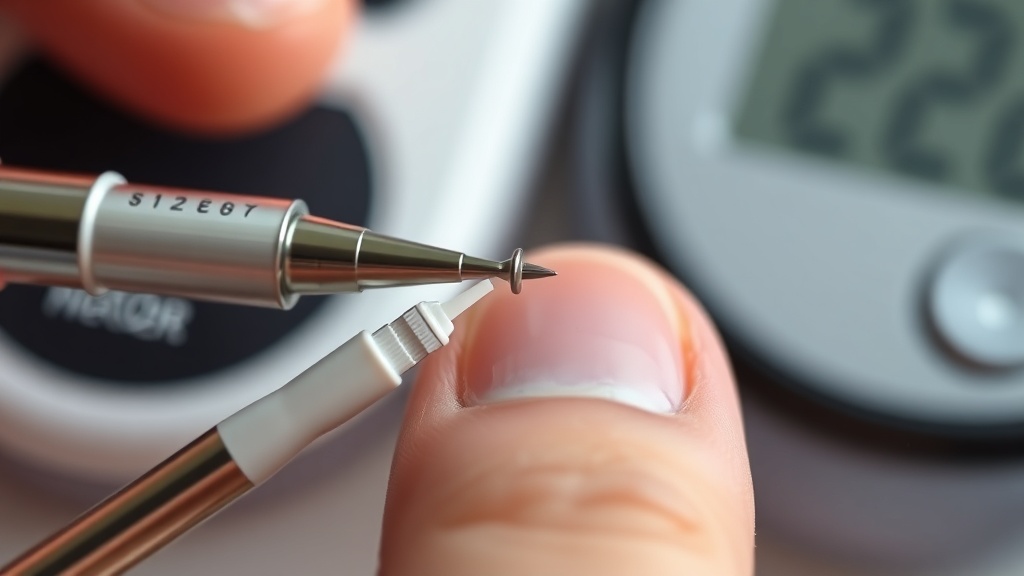Home / Health / Diabetes & MASLD: Power Plants Fail Fuel Switch
Diabetes & MASLD: Power Plants Fail Fuel Switch
25 Nov
Summary
- Mitochondria, body's energy producers, struggle to use ketone bodies for fuel.
- Insulin resistance in type 2 diabetes and MASLD impairs energy generation.
- Study reveals a new target for improving energy metabolism in these conditions.

Researchers have uncovered a critical energy metabolism issue affecting individuals with type 2 diabetes and MASLD. Mitochondria, essential for cellular energy, were found to be less efficient at utilizing ketone bodies, a key fuel source derived from fat breakdown. This impaired ability to switch between energy sources is particularly detrimental in states of insulin resistance.
The study utilized a novel high-resolution respirometry technique to directly assess mitochondrial energy generation from ketone bodies. Findings indicated a marked decrease in this process across various insulin-resistant conditions. Specifically, heart and skeletal muscle cells in type 2 diabetes patients, and liver cells in MASLD patients, demonstrated significantly reduced energy output from ketone metabolism.
These discoveries point towards a potential new therapeutic target for improving energy metabolism in diabetes and MASLD. The vulnerability of ketone body metabolism in insulin resistance suggests that interventions focused on enhancing this pathway could offer significant benefits for patients. The research highlights the complex interplay between fuel availability and mitochondrial function.

